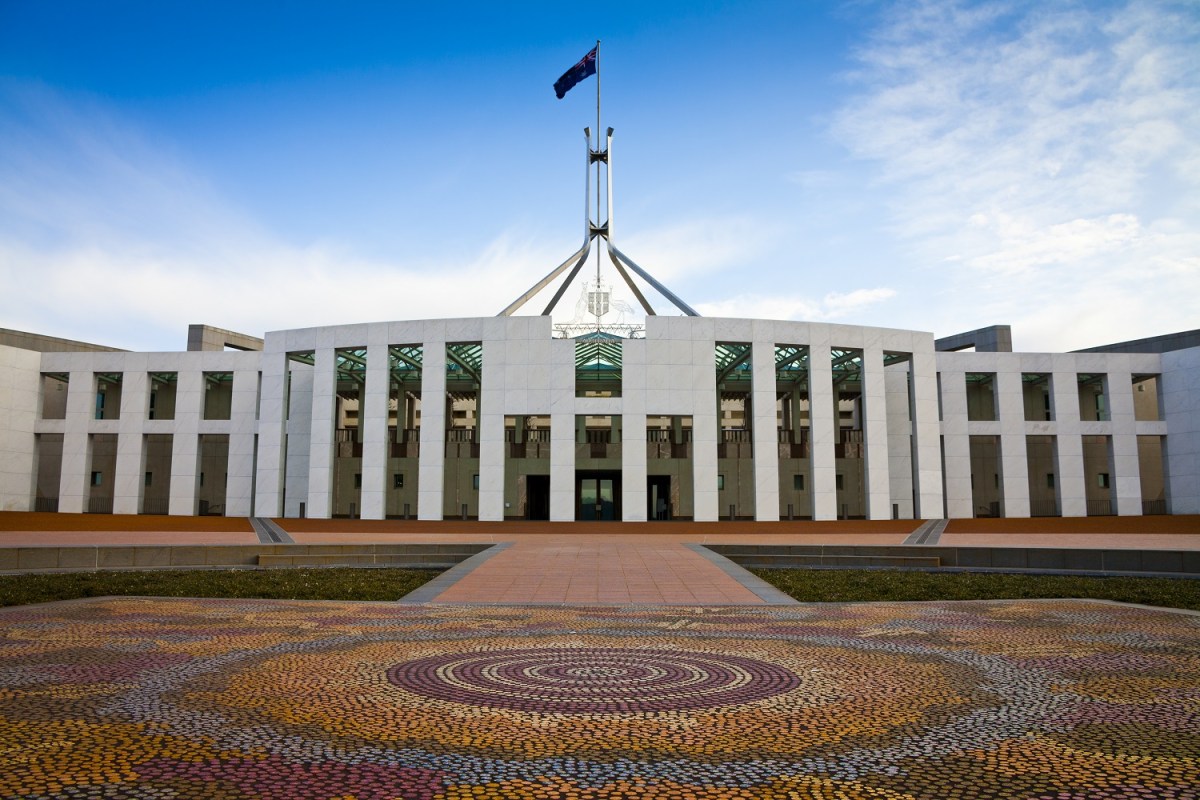The Albanese Government handed down the 2023-24 Budget last night, with Treasurer Dr Jim Chalmers forecasting a small budget surplus in 2022‑23 and lower deficits and debt over each year of the forward estimates compared with the October Budget.
The forecast surplus in 2022‑23 is $4.2bn (0.2 per cent of GDP), while the Budget forecasts a deficit of $13.9bn (0.5 per cent of GDP) in 2023‑24.
The Treasurer said: “By returning the majority of revenue upgrades to the Budget, the Government is lowering debt and reducing debt interest costs. This improves gross debt by almost $300bn by 2033‑34, saving $83bn in interest costs over the 12 years to 2033‑34.
“This approach is delivering a stronger and more sustainable fiscal position and has been achieved while also providing responsible cost‑of‑living relief, investing in a stronger and more secure economy, and funding the critical services Australians rely on.”
The Budget has delivered a number of changes for small businesses, and has garnered a mixed response from industry, with Spirits & Cocktails Australia and the Australian Distillers Association saying the efforts to provide cost-of living relief to families is welcomed, but the lack of support for the spirits industry remains a concern.
Greg Holland, Chief Executive of Spirits & Cocktails Australia, said Treasurer Jim Chalmers should be congratulated for announcing a small Budget surplus and hopes he now has the chance to help one of Australia’s most promising industries grow.
“We recognise the tough economic conditions facing the nation,” Holland said. “But in many ways this Budget represents a missed opportunity. The Government knows that modest changes to excise will deliver sustainable growth for Australian spirits manufacturing and boost investment.”
Australian Distillers Association Chief Executive, Paul McLeay, said his members would welcome initiatives to help small businesses, including the new energy incentive to support electrification and energy efficiency and the extension of the $20,000 instant asset write-off, but said sector-specific interventions were needed.
“The Albanese Government has a golden opportunity to support domestic manufacturing by supporting the growth of the Australian spirits industry,” McLeay said. “We look forward to working with the Government to leverage initiatives like the $15bn National Reconstruction Fund, and to define targeted solutions to support the industry’s growth.”
Australian Hotels Association CEO, Stephen Ferguson, has welcomed a number of announcements that will help hotels.
Ferguson said: “It’s good to see the instant asset write-off threshold will be increased to $20,000 from July for 12 months. This will apply on a per-asset basis for small businesses including hotels with aggregated annual turnover of less than $10m.”
He also welcomed the announcement of $314m for Small Business Energy Efficiency Incentives.
“Small and medium businesses like pubs with a turnover of up to $50m will be able to claim an additional 20 per cent tax deduction on investments of up to $100,000 in electrification and energy efficiency,” Ferguson said.
The Budget also increased the Temporary Skilled Migration Income Threshold from $53,900 to $70,000 as of 1 July 2023.
Ferguson said: “We will be working with the Government for exemptions in certain areas like cooks.”
Retail Drinks Australia has also backed some of the measures announced to help small businesses, with CEO Michael Waters saying: “Retail Drinks welcomes the measures announced in last night’s Budget supporting the retail liquor sector, including measures designed to assist small businesses in managing their energy expenditure and helping protect them against cyber-security threats.
“We also support the Commonwealth Government’s announcement of an extension of the Instant Asset Write Off Program enabling eligible businesses to immediately deduct expenses costing less than $20,000 from 1 July 2023 until 30 June 2024.”
However Kylie Lethbridge, CEO of the Independent Brewers Association, was disappointed not to see more in the Budget to help small businesses.
She told The Shout: “Although we know the Federal Government is trying to rein in the national debt and deal with the cost of living increases it is disappointing to see little to no support for small businesses, in fact they were barely mentioned at all.
“As many other industries right now, independent brewers are doing it tough with the increased in cost of goods, materials and energy and due to inflation, reduced spending by consumers.
“Our members are local community minded business providing jobs for thousands of Australian’s and contribute approximately $1.93bn to the nation’s economy annually so it would have been reassuring to see at least some support to ensure that business sustainability can contribute to driving positive change.
“We will continue to look for the positives and hope that our relationship with this government brings some respite for our industry in the near future.”
Restaurant & Catering Australia CEO Suresh Manickam was also disappointed not to see more support announced for the hospitlaity sector.
He said: “The Budget provided an opportunity for the Federal Government to demonstrate their support for Australia’s hospitality industry, but the announcements tonight are a mystery box filled with very few initiatives for the hospitality sector. The Budget leaves small businesses in hospitality hungry for more; more skills, more staff and more support.
“The Small Business Energy Incentive provided a taste of a positive announcement to assist businesses who are bearing the burden of the rising cost of electricity prices and inflationary pressures. However, the government’s two-fold reduction in employment opportunities by raising the Temporary Skilled Migration Income Threshold to $70,000 and forcing underemployment of 24 hours per week for student visa holders will hurt the creativity and future of innovation of gastronomy in Australia.
“The announcements in training and education does not address the current skills shortage and requires businesses to wait years to reap the fruit of this harvest. Small businesses reliant on the undertakings of the government to skill-up domestic workers while being forced to reduce the employment opportunities for migrants demonstrate that difficult business conditions are cooking up ahead in 2023/24.”

